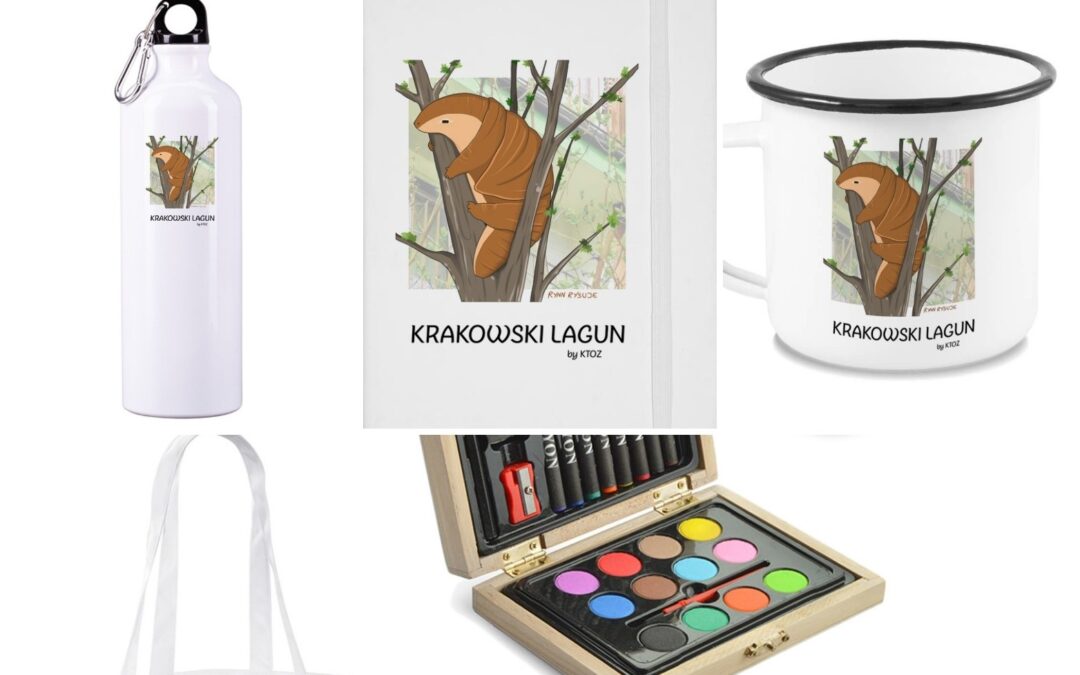The mystery tree “creature” reported to animal services in Kraków last week after spooking local residents, but which ultimately turned out to be a croissant, has become an internet hit across the world.
Back in Poland itself, it was quickly adopted by many companies as a marketing tool, sometimes with proceeds going to the animal charity (KTOZ) that was involved in the case. The KTOZ employee who wrote the Facebook post that launched the phenomenon has also spoken about the story.
KTOZ, which runs the city’s main animal shelter, reported last week that a “desperate” woman had called to inform them that a “creature” had been hiding in a tree for two days and local residents were too scared to open their windows. She said that the beast could be an iguana.
After KTOZ’s inspectors arrived at the scene and realised that it was actually a croissant, their report became an internet sensation. It was picked up by the likes of the BBC in the UK, Fox News in the US, Deník in the Czech Republic and France’s AFP. It also quickly became our own most-read article of all time.
The croissant came to our planet WITH A LUST FOR EARTH WOMEN! https://t.co/lx4JnDF5Sr
— Stephen King (@StephenKing) April 16, 2021
American horror writer Stephen King took the narrative further with a tweet about the croissant that “came to our planet with a lust for Earth women”, linking to the BBC report.
The story also quickly became an international meme. Meanwhile in Poland, online artists, including Rynn rysuje, have created tributes to the “lagun”, as the creature came to be known after the caller reporting the incident mispronounced the word “legwan” (iguana).
#lagun #croissant pic.twitter.com/CAtirB3y8D
— Suchar Codzienny (@SucharCodzienny) April 17, 2021
A number of retail companies have begun using “lagun” to advertise their baked goods. The Aldi supermarket chain promoted its “buttery lagun” (appended with the Latin species name “Lagunus butyracea”) as a “tame and friendly” treat.
A bakery in Kraków, Massolit, announced that over the weekend it would be renaming its croissants as “laguns” and donating 10% of proceeds from sales to KTOZ.
The story has also spawned a range of croissant-themed merchandise, including socks, notebooks, bags and mugs. Many of the sellers have used sales of the products to raise money for KTOZ.
The foundation told Money.pl that additional funds are especially welcome this year, as annual donations that come from a government scheme allowing people to donate 1% of their income tax to charity will be lower due to the economic slowdown caused by the pandemic.
Meanwhile the author of KTOZ’s original viral post, Adam Torchała, spoke to news service Interia about the case. He assured doubters that the story is genuine, and took place in the Nowa Huta district of Kraków.
The situation was “problematic” because the shelter usually handles mammals, such as dogs and cats, said Tochała. “What to do with an iguana?”
“We were also wondering what condition the animal would be in, what height it would be at and how we would get it off the tree,” said Torchała. Before arriving at the scene, KTOZ looked into which organisations in Kraków deal with exotic animals, but found few. It also considered contacting the fire brigade.
“Our work can be a mess because we really get pets out of dire conditions and deal with people who treat them very badly,” said Torchała. However, “there are a whole lot of optimistic stories that we also try to write”.
Kraków's tree croissant is now the most-read article ever on our website!
But what would make me much happier is if people made a donation to animal shelter @KTOZ_Schronisko, which was responsible for the story (and from where I've adopted 3 amazing dogs) https://t.co/nGvJtdzcpE https://t.co/YUZ8hwf7Zg pic.twitter.com/cEQDYpDwS6
— Daniel Tilles (@danieltilles1) April 18, 2021
Main image credit: KTOZ Krakowskie Towarzystwo Opieki nad Zwierzętami/Facebook

Maria Wilczek is deputy editor of Notes from Poland. She is a regular writer for The Times, The Economist and Al Jazeera English, and has also featured in Foreign Policy, Politico Europe, The Spectator and Gazeta Wyborcza.




















